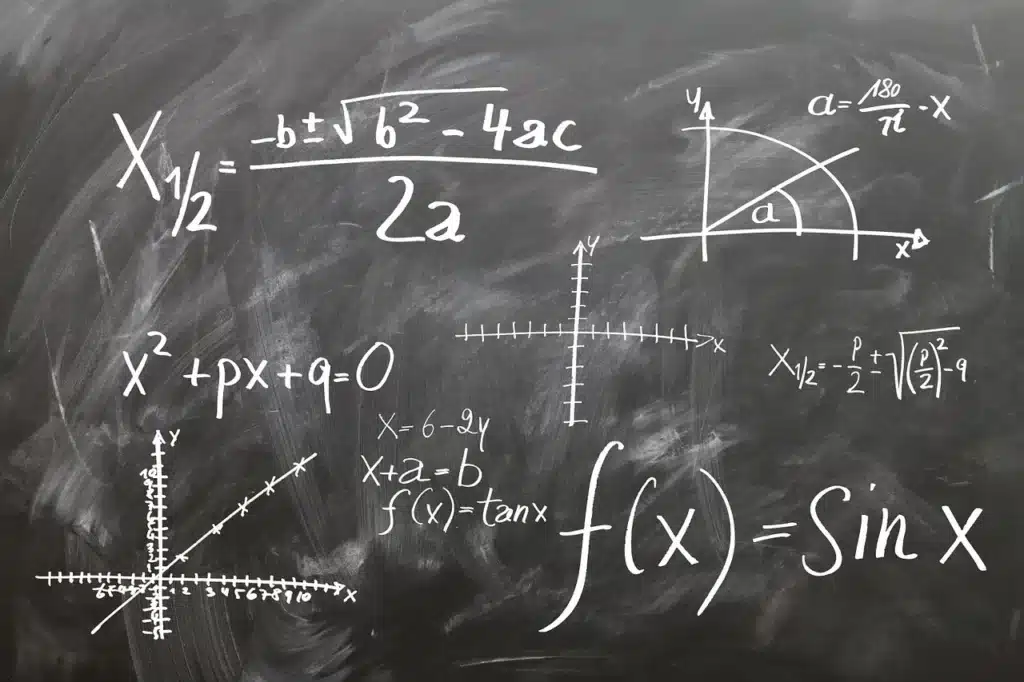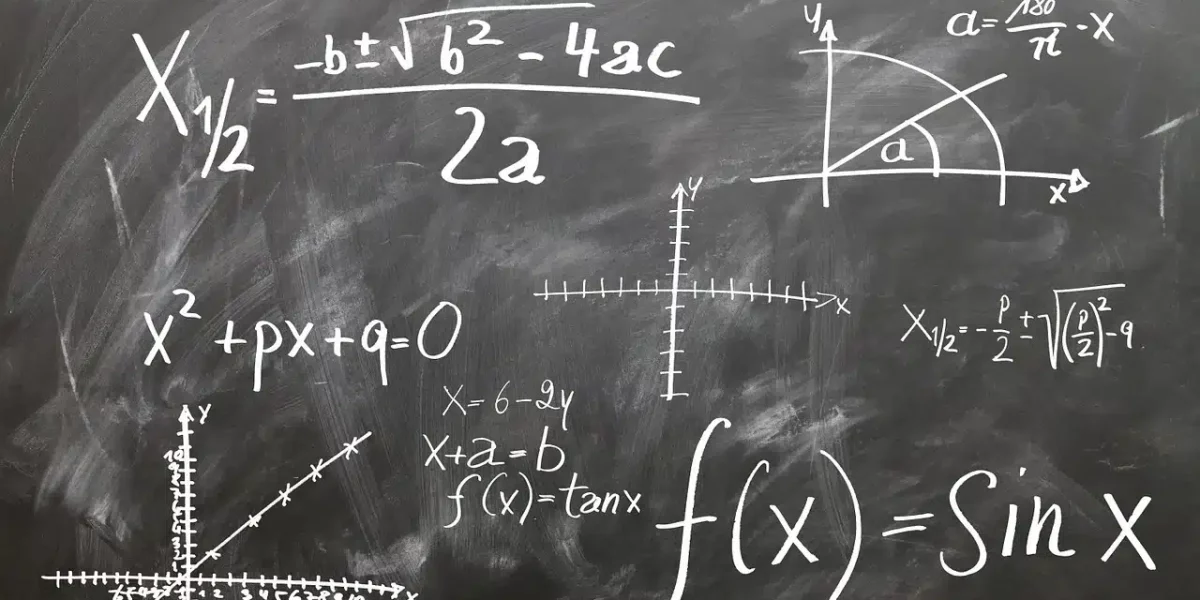How many subjects count as Algebra for GCSE Maths?

Algebra is so many things!
Algebraic expressions
Expanding brackets
Factorising
Linear equations
Formulae
Arithmetic sequences
Quadratic sequences
Straight line graphs
Parallel & perpendicular lines
Quadratic graphs
Cubic & reciprocal graphs
Real life graphs
Quadratic equations
The quadratic formula
Completing the square
Simultaneous equations
Equation of a circle
Inequalities
Quadratic inequalities
Trigonomic graphs
Transforming graphs
Inequalities on graphs
Turning points
Iteration
Rearranging formula
Algebraic fractions
Surds
Functions
Algebraic proof
Exponential graphs
Gradients of curves
Velocity time graphs
Areas under curves
Algebra plays a big part in GCSE Maths.
Algebraic problems necessitate analytical thinking. When faced with equations and variables, individuals learn to identify patterns, make connections, and employ logical reasoning to find solutions. This logical approach not only enhances mathematical abilities but also strengthens general problem-solving skills, enabling individuals to tackle complex challenges in diverse fields.
Algebra nurtures creative and innovative thinking by encouraging individuals to explore various approaches to problem-solving. It fosters a mindset where challenges are viewed as opportunities to apply different methods and techniques. This openness to experimentation and creativity is invaluable in today’s rapidly changing world, where innovation is a driving force behind progress.
Algebraic skills are not limited to specific professions or academic pursuits; they are valuable tools for lifelong learning. In an age where information is abundant and constantly evolving, algebra equips individuals with the ability to analyse data, evaluate arguments, and make informed decisions. This adaptability is essential for continuous personal and professional growth.
If your child needs help call Chorlton Tuition Centre 0161-860 6888





